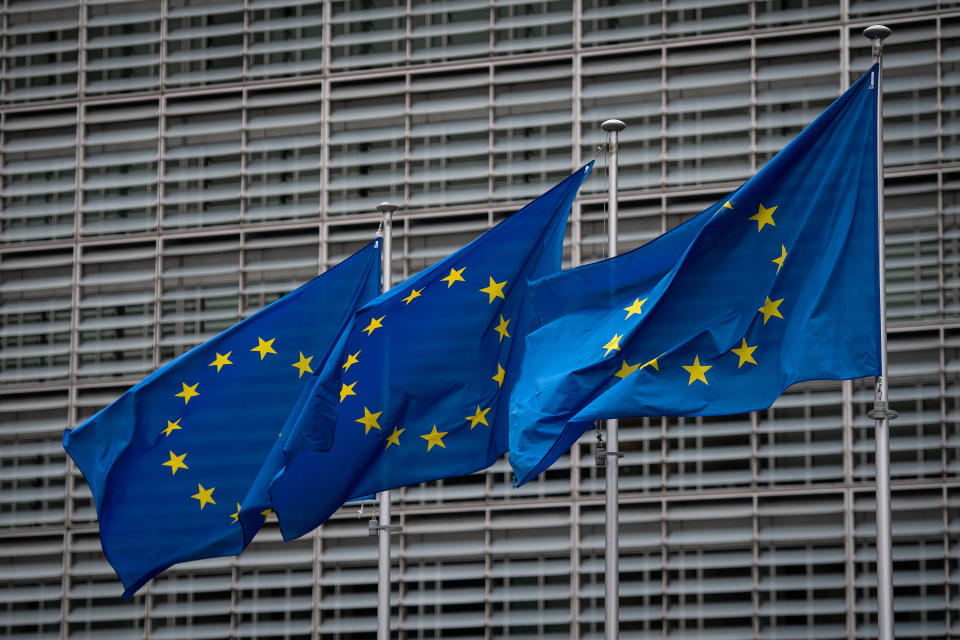Brexit: UK small firms ‘jump before pushed’ into global trade outside the EU

British small firms are “jumping before they’re pushed” into global trade outside the EU, boosting exports to the Commonwealth and leading emerging markets, according to new figures.
A research paper indicates the UK’s exporters have diverted around £10bn (£12.4bn) of potential trade with European markets to new exports around the world since the EU referendum in 2016.
The study provides some of the most striking evidence yet of Brexit’s impact on Britain’s trading relationships, even while the country remains part of the EU’s single market and customs union.
Britain’s trade terms with the EU are likely to change significantly after the Brexit transition period ends, with the deadline set for the end of the year despite limited progress and huge uncertainty over trade negotiations.
The study by academics at Birmingham’s Aston University suggests firms have already begun diverting trade away from the EU, as they anticipate new tariffs and other barriers to end frictionless trade with the bloc.
READ MORE: Barnier takes hard line on Brexit negotiations
“This evidence suggests that UK exporters are jumping before they’re pushed — finding alternative markets worldwide for their products even before we know the outcome of the current UK-EU trade negotiations and any potential new barriers,” said Jun Du, economics professor at Aston Business School and one of the researchers.
Researchers analysed 340,000 export transactions by 26,000 firms over a five-year period to the start of 2019, using HMRC data. They found the smallest ‘micro exporters’ have already switched as much as 46% of new export growth by value from EU to non-EU markets since the referendum. Small firms overall had switched 19% of trade and medium-sized firms had traded 7%.
The shift among smaller firms was large enough to offset the impact of larger firms actually increasing the level of exports heading to the EU beyond what pre-referendum trends would suggest. Large firms increased trade to both the EU and non-EU destinations, however.
READ MORE: Firms look to sell overseas as UK takes control of trade policy
Researchers said it suggested small firms were more likely to take pre-emptive measures as they were more fearful of their ability to weather future trade disruption with the EU. “Large businesses might have more resources and skills to be able to mitigate potential risks associated with policy uncertainty compared to small size firms,” the paper said.
The study looked at new export trade that researchers believed would have gone to EU markets if the UK were not leaving the EU. The shift added up to an 8.7% decline in the share of Britain’s exports by value heading to EU countries since the referendum, compared with non-EU countries.
It found exports were increasingly targeted at the so-called BRICS countries (Brazil, Russia, India, China, South Africa) and Britain’s former colonies, including Australia, New Zealand and parts of Sub-Saharan Africa. Trade also increased but to a lesser degree with wealthier countries including the US, Japan and South Korea.
Du noted the shift was all the more striking given typically higher transport costs, unfamiliar bureaucracy and currency and credit risks in new markets. She added: “We will need to see whether these patterns still hold true in the aftermath of the COVID-19 crisis, which has focused minds on some of the vulnerabilities of long-distance supply chains.”
She called on the UK government to provide additional help to small exporters. “They need also to ease export admin and stimulate financial support, risk management and education in strategic marketing. Interestingly, these actions are those that were undertaken by countries like Japan and South Korea in their successful export-led growth from the 1960s onwards.”

 Yahoo Finance
Yahoo Finance 